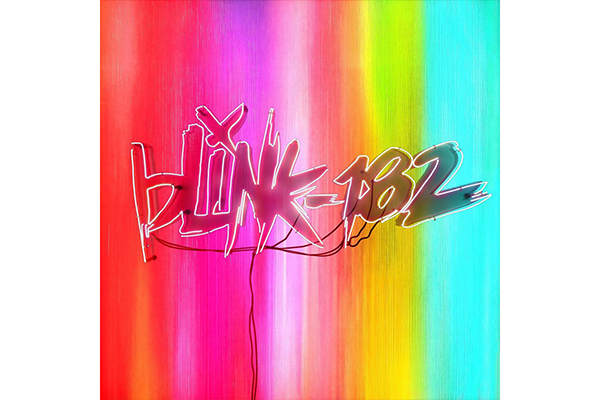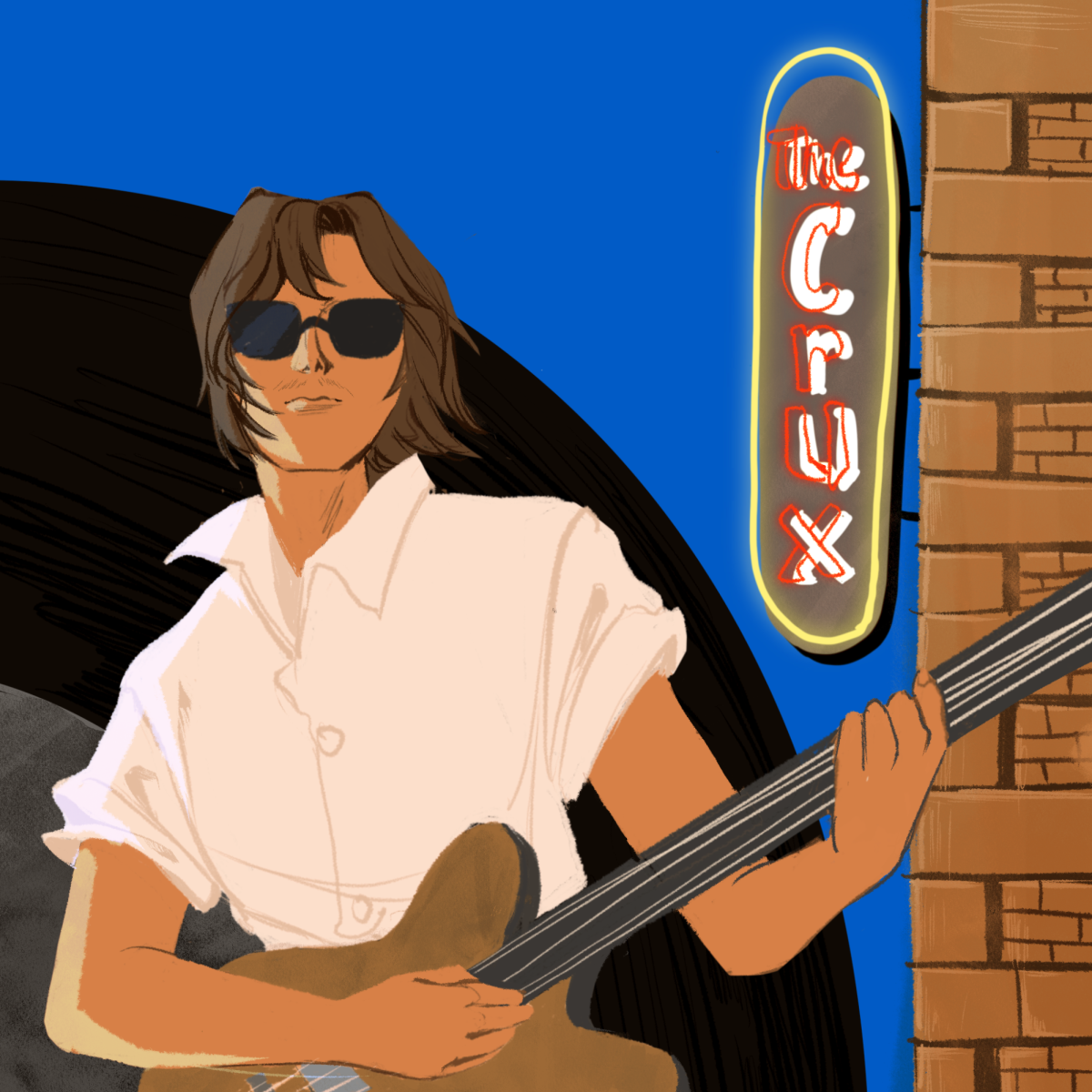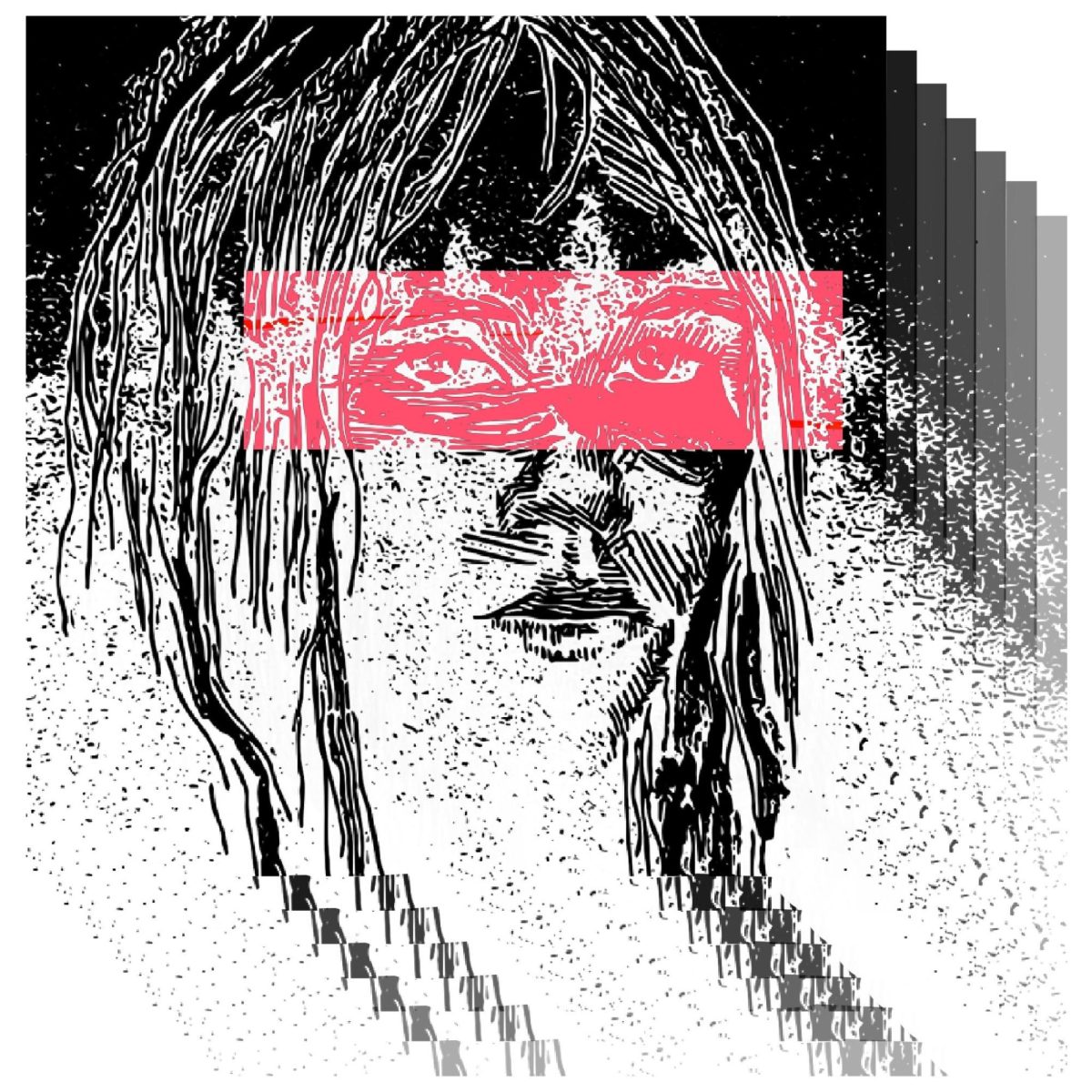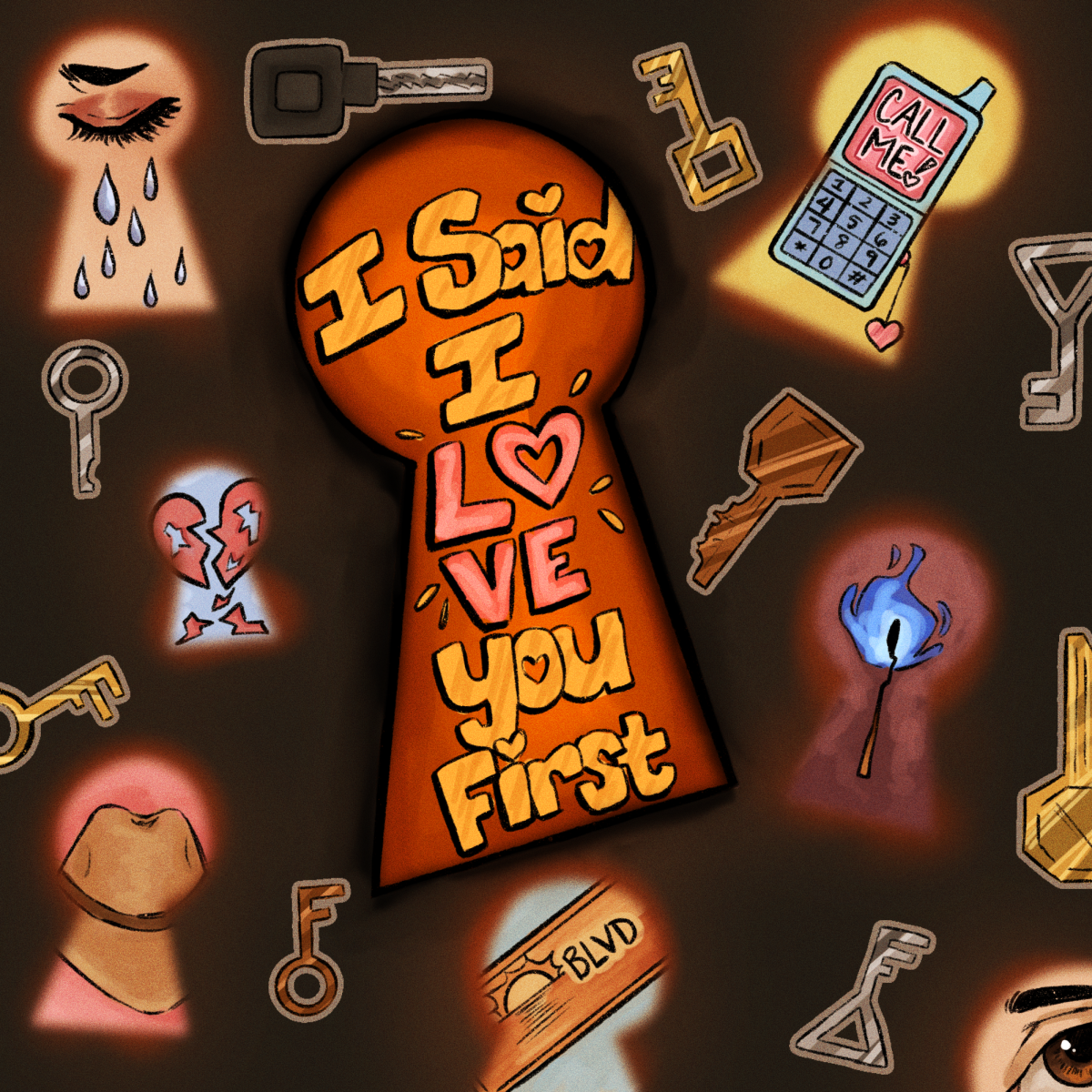Fans searching for life advice from the dads of emo music can find it on Blink-182’s latest release, Nine. On Sept. 20, Blink-182 released their ninth studio album three years after dropping their seventh record California.
The rebellious pop-punk band reached the pinnacle of its success in the late ‘90s and early 2000s. Their emotionally charged, occasionally abrasive and totally relatable lyrics have given songs like “All The Small Things,” from Enema of the State, and “I Miss You,” from their self-titled album, the evergreen status on alternative music charts.
Their youthful angst captured the hearts and minds of a generation. But that generation grew up, as did the band. Now aging pop-punk fans must determine whether this style of music is still relevant.
Innocence lost is the theme of the album’s nostalgic, energetic opener, “The First Time.” The lyrics, “First love, first high, there ain’t nothing like the first time,” capture a moment of mature reflection. It’s a eulogy to youth and all its frivolities. It seems like since the band members have grown up, and experienced all their firsts, they are disappointed with the mundanity of adulthood.
The title “Blame it On My Youth” sounds like a cop-out, but it isn’t. “The flash flood, punk rock, and the alcohol/I was raised on a rerun/I was bored to death, so I started a band,” calls back to Blink-182’s beginnings and what drew them to music. It feels like a therapy session where the band members are forced to confront their past. They don’t conclude that they have been irreparably jaded. Instead, they outline their origin story and explain that a life of hard-knocks made them strong and successful.
The lines between physical and emotional pain blur in “Hungover You.” The problem with the song is that it’s too relatable. “A bottle for breakfast, trying to let go/Remember your voice, but it’s only an echo.” Sure, it’s difficult to get over an ex and alcohol is an easy way to cope. But the dads of emo music have been around the block, and instead of using their experience to discuss healthy ways of moving forward, they croon “I’ve got my head hungover you.”
Overall, the album is what fans should expect from a band that has grown up while experiencing success over nearly three decades. It feels youthful, but not immature. It’s angsty, but not depressingly pessimistic.
The music is predictable in the way coffee drinkers expect Starbucks to roll out Pumpkin Spice Lattes to signal the beginning of autumn. Fans know what they’re getting themselves into and they’re happy about it.
So, yes, pop-punk is still relevant. This music is emotional and cathartic. There’s nothing better than crying to Mark Hoppus’ emotionally honest lyrics or dancing to Travis Barker’s energy-infused drum beats.
Even though the band members are aging, they have established a memorable sound and songwriting formula that works. What inspires their rebellious lyrics is different than it was twenty-some years ago, but the tone they use to sing about their problems hasn’t changed.
While this album works on many levels, it remains predictable and does nothing to transform the genre of pop-punk. Much like the sugar rush from a Pumpkin Spice Latte, it’s good, but predictable. It’s pleasant, not awe-inspiring.
Rating: (4/5)




















